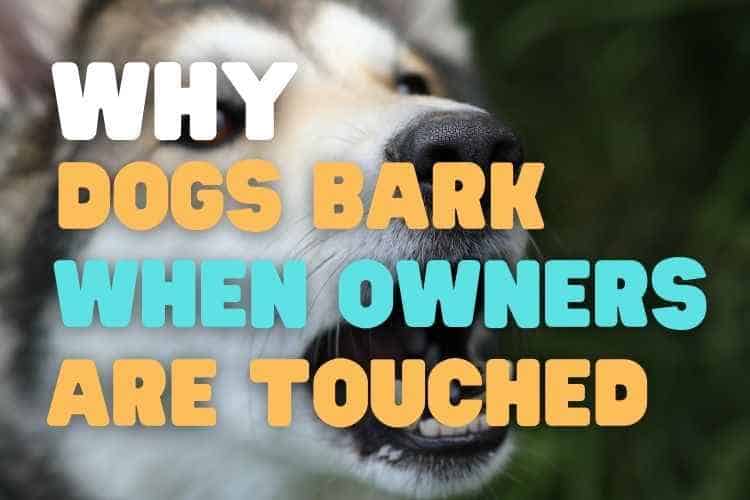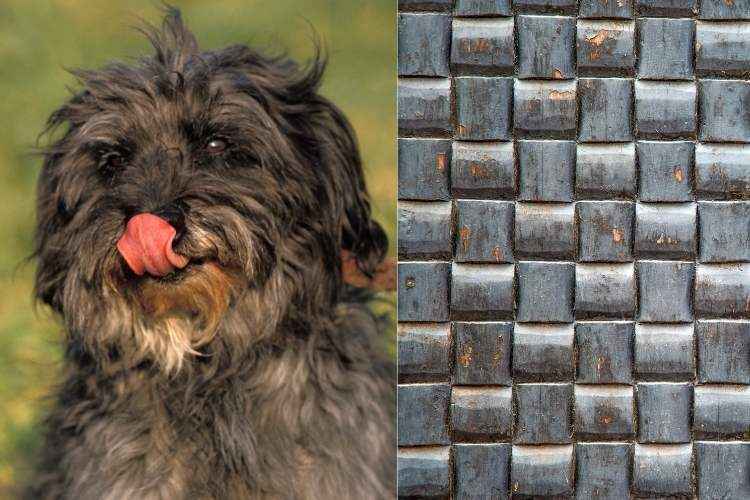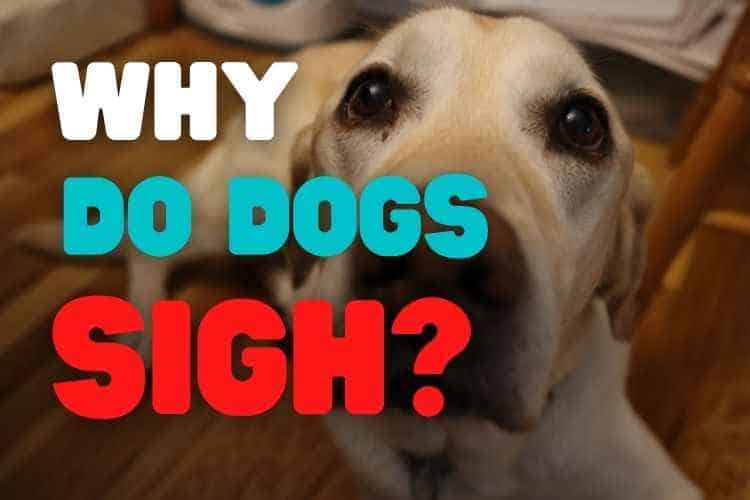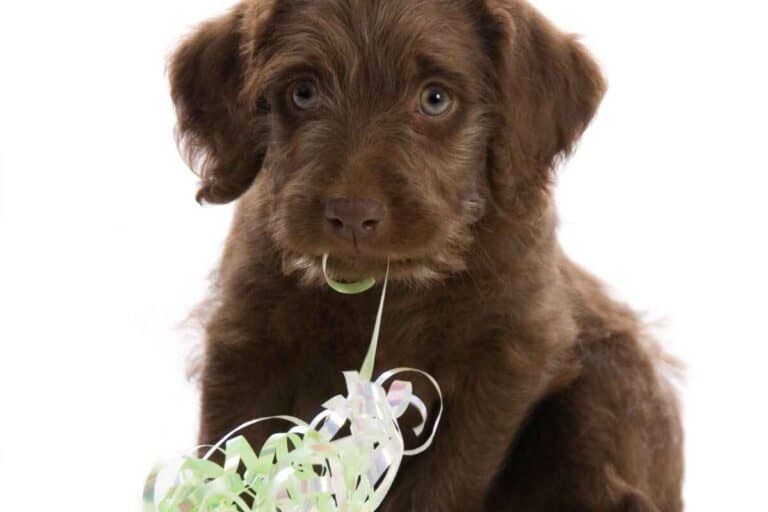5 Reasons Why Dogs Nibble on Blankets
Dogs sniff, they lick, they snap, and they nibble. Yes, our dogs do all sorts of acts that we sometimes like or don’t like much. One of those is playful biting. Many fur parents don’t like dogs that “play bite” or nibble on their stuff like blankets, amongst other things.
Why Dogs Nibble On Blankets
- Weaned too soon
- For pain relief or to self-soothe
- Stress or anxiety
- Hunger due to a restrictive diet
- To fight boredom
But let’s set the records straight first. Nibbling isn’t bad behavior in and of itself. Unless your dog gets out of control and becomes destructive, biting or chewing is normal behavior in dogs.
If this habit gets bothersome to you as a pet owner, you can always seek professional help to address this behavior most kindly and lovingly.
Chewing serves several purposes for dogs. For instance, when your puppy is teething, they chew on anything, from your fingers to your shoes.
But if you’re a pet parent and your adult dog’s nipping habit goes from bad to worse, then it’s time to nip this habit right in the bud before it wreaks havoc in your household!
What are the Causes of Destructive Nibbling
- Weaning a young dog prematurely. Experts believe that if you wean your dog before 7 or 8 weeks old, there will be a good chance of them developing a fabric-chewing or sucking behavior. If it happens for long periods and you’re struggling to manage or control it once your pet engages in this behavior, then it might have become a compulsive behavior. And that’s something that you might need some professional help with.
- Relieving themselves from pain or self-soothing. This is another highly possible reason why your dog tends to chew on blankets or fabric. When a young dog specifically chews on objects, he/she might just be relieving himself/herself from pain or discomfort.
- They’re anxious, scared, or stressed. Dogs are usually attached to their owners. And when they get separated from their fur parents, they tend to feel sad, anxious, and stressed. One of their coping mechanisms is gnawing on your clothes or blankets. Your scent is in your dirty clothes or blankets, so they usually follow your scent and chew or suck on these objects.
- When you limit their food, restrictive dieting is another potential reason why your dog is chewing. Chewing or nibbling on objects is an attempt for them to get extra nutritional sources.
- Boredom and lack of activity. Dogs love physical activities. If their owner keeps them inside, our fur buddies tend to look for other ways to entertain themselves. One of those forms of entertainment could be chewing on your favorite sneakers or blankie!
How to teach your dog not to nibble
Pet owners should train their dogs how to stop nibbling gently and compassionately. If we restrict them right away, it only causes more stress and anxiety to your canine buddy.
First of all, let’s remind ourselves that dogs love chewing. That is a natural way for them to strengthen their jaws and clean their teeth. The only way for us to manage this behavior is to train them to identify the things they can chew and those they can’t.
- Pet-proof your home. Help your dog to succeed by putting your valuable away from your dog’s sight. As parents, let’s be responsible for our belongings. So let’s keep our clothes, shoes, pens, blankets out of our fur babies’ reach.
- Give them toys that are clearly recognizable from common household objects. For instance, don’t give them your old socks if you want your dog to avoid playing with socks in general to avoid confusion.
- Provide more physical and mentally stimulating activities! Avoid dog boredom by giving them more playtime and some brain exercises. So give them daily walks in the park, let them run off-leash, play tug-of-war or fetch, socialize with other dogs out, or engage in dog-training exercises.
- Keep trash in sealed bins. For some reason, young dogs tend to sniff or nip on “smelly” items. That’s why we need to keep our dogs away from dirty things like soiled clothing or dirty underwear, sanitary napkins, and other similar objects that can pose serious health injuries to our juvenile pets.
- Offer a yummy treat in exchange for what’s in their mouths. Offering them edible chews or treats is also a good way to train dogs to stop nibbling on inappropriate household items. This is also your chance of training them commands like “drop it” as a signal for them to swap what they’re nibbling on with something yummy.
- Spend quality time with your dog. Sometimes our dogs need more attention from us. They’re like typical kids who resort to bad behavior to gain attention. If you want your pet to be more pleasant and obedient, be a real parent by giving them more love.
Teaching our dogs good behavior is a process. Let’s not expect too much from our canine pets. Be realistic in setting rules and restrictions. Expect that your dog is just a dog too.
At some point, they might still chew on something important to you. We can give our furry babies some time to remember the things we teach them. In time, they shall master those!
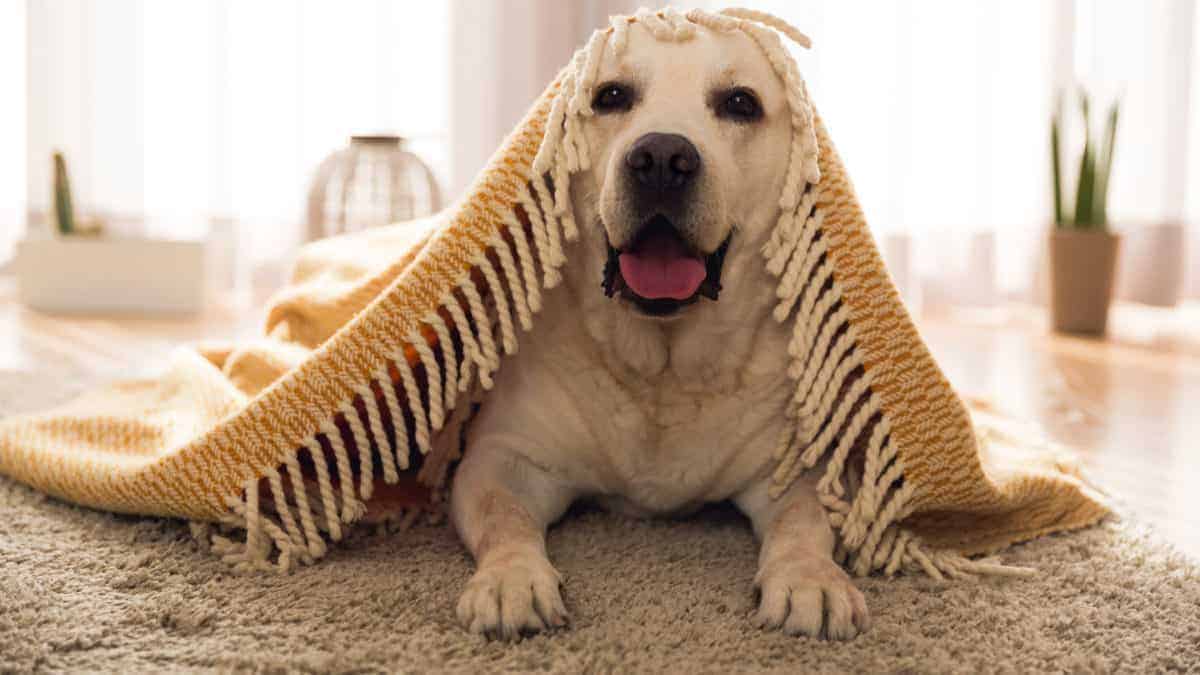
What are some good chew toys for dogs?
As opposed to punishing our dogs, let’s give them sturdy dog toys (specifically for our aggressive nibblers) that would help them stop chewing and nipping on things we don’t want their teeth or saliva on.
- Dog ropes – tough dog ropes aren’t just fun and great for playing tug-of-war but also helps your dog release anxiety and stress.
- Plush toys for dogs – plush toys for dogs are designed to be tougher and durable for active play biting. Dogs enjoy these toys as they give them the “fluffy” feel that they so love.
- Squeaky toys – these toys are interactive and fun for our pets. They produce a sound that makes biting and nibbling more enjoyable and exciting for our canine friends.
- Bone chews – they’re typically made from food-grade and durable nylon, so these bones are completely safe for our pets. These toys help them develop stronger teeth and jaws too.
- Rubber toys – puppies enjoy nibbling on these rubber toys. They’re great for their dental health too! Just make sure to choose high-quality and natural rubber for your pet’s safety.
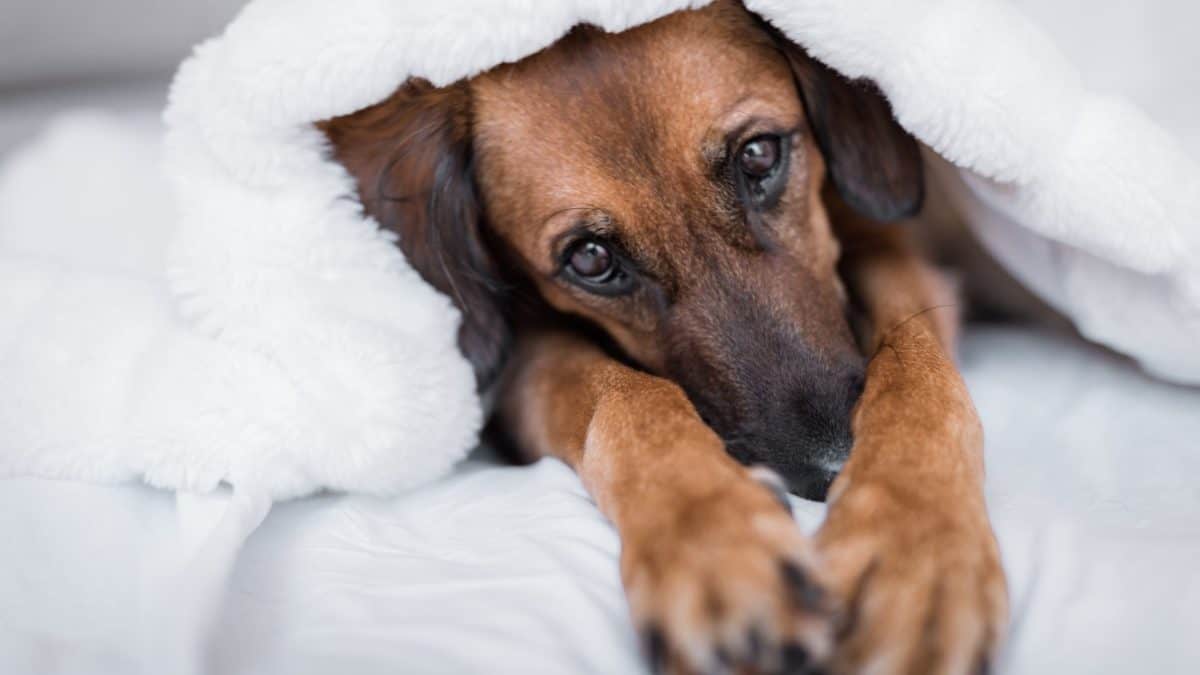
Related Questions
Why does my dog nibble with his front teeth?
Puppies tend to nibble with their front teeth when they’re teething. Bigger dogs, however, have several reasons for their nibbling behavior.
Whether they nibble on your toes, hands, or your household items, this behavior is normal and isn’t something to be seriously concerned about. We can train them and teach them how to behave well both inside and outside of our homes.
Why does my dog gently nibble me?
Dogs have their love language. Nibbling is a way for them to communicate or express love and affection toward their owner. So we shouldn’t take it against our beloved pets. Again, if you think nibbling on you or gnawing on things is bad, training is key to reducing unwanted behaviors in our furry family members.
Why do dogs nibble on themselves?
The most common reason why we sometimes see our dogs nibble on themselves is the presence of parasites! Of course, ticks and fleas are irritants, and the only way for poor dogs to relieve itchiness and irritation is to bite their tail, butt, or legs.
Final Thoughts
Have you been struggling with your dog’s nibbling habits? No worries. Nibbling isn’t a serious offense at all unless biting becomes aggressive and harmful to you as the owner.
Regardless, biting and chewing on stuff may not be pleasant at all times, especially when your dog feasts on your favorite book or dress! Thus, training comes in.
Now that you’ve learned more about why dogs nibble on blankets let’s keep in mind that there’s more to nibbling than meets the eye. Reacting aggressively to our dog’s not-so-pleasant behavior isn’t key, but lots of understanding and patience!

